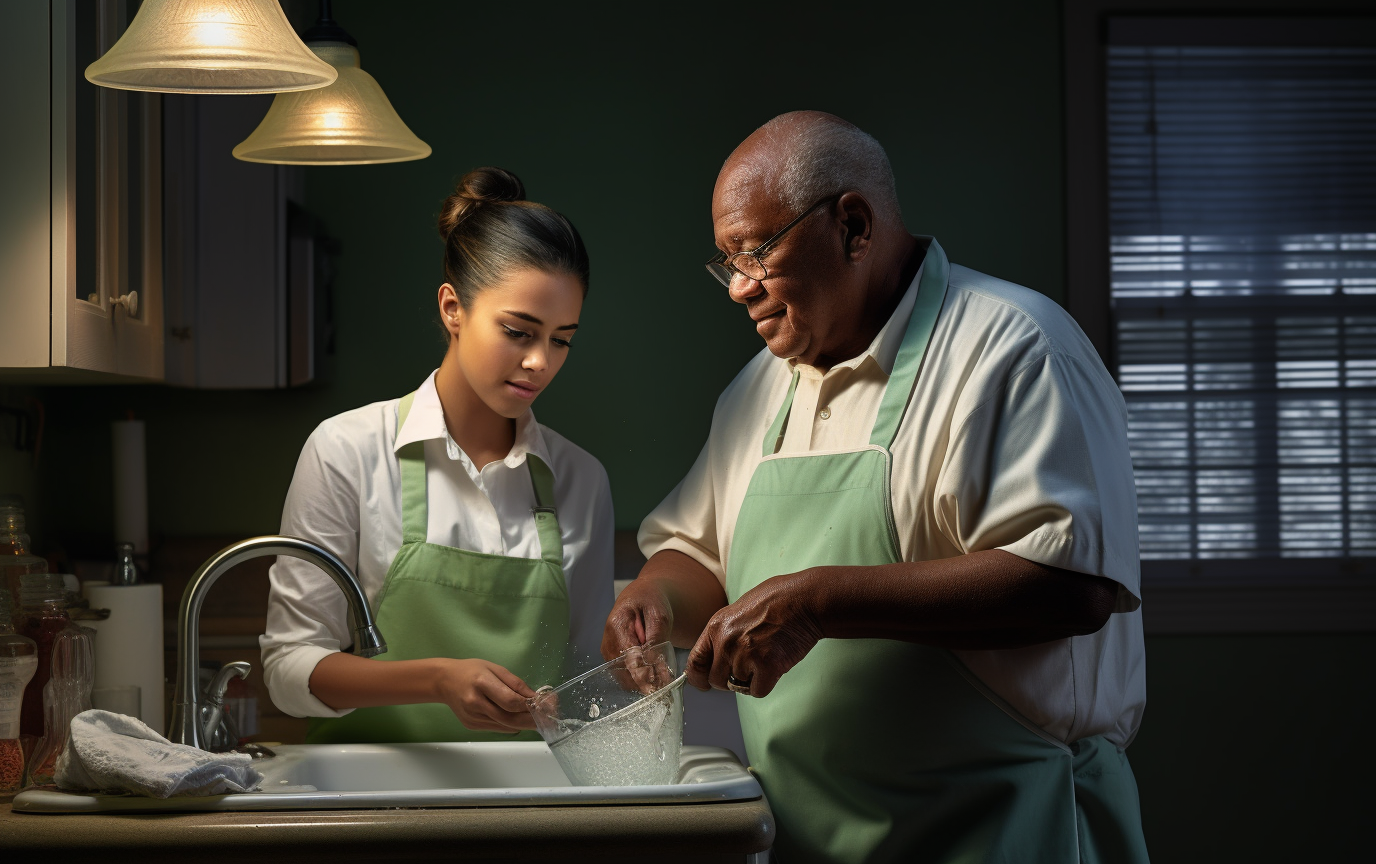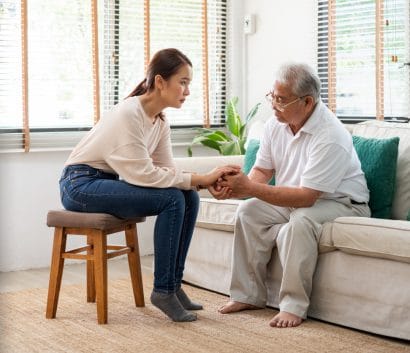How to Keep a Good Caregiver
A list of things to keep in mind as you work with a caregiver that you have found and clicked with.

Preserving the relationship with a good caregiver in an industry stretched thin can feel like an uphill battle. Recognizing this challenge, we turn our attention to practical strategies for navigating the understaffed home care landscape, seeking to foster durable, caring relationships.
Keep the lines of communication open. Make sure the caregiver understands your loved one's needs and your expectations. Regular check-ins can help identify and address any potential issues before they become bigger problems.
Treat the caregiver with respect. Remember that they're professionals, and their experience and insights can be valuable. Also, consider their personal needs and boundaries.
Pay the caregiver fairly. Competitive pay can encourage caregivers to stay. Research prevailing rates in your area to ensure you're offering a fair wage.
Whenever possible, offer flexibility in scheduling. This can help the caregiver maintain a healthy work-life balance, which can ultimately result in better care for your loved one.
Make the caregiver feel valued and appreciated. A simple thank you can go a long way. Celebrate their achievements and consider giving occasional bonuses or gifts as a token of appreciation.
Make sure you have clearly defined the job responsibilities from the outset. This will ensure that the caregiver understands what is expected of them and can prevent any misunderstanding down the line.
Encourage caregivers to share their thoughts and concerns. This open dialogue can help improve the care environment and can make the caregiver feel like a valued part of the team.
Conflicts are inevitable in any working relationship. Having a plan to address conflicts constructively can help maintain a positive relationship with the caregiver. This might involve mediation, open discussions, or seeking advice from a third party professional.







